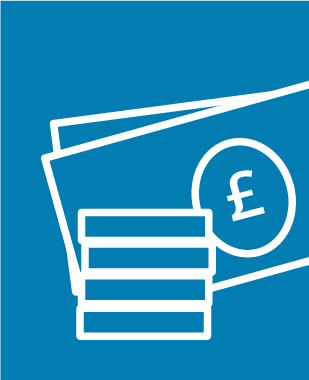Featured - Debt and your credit score
How debt impacts your credit scoreA healthy credit score has its benefits, so make sure you manage your debt correctly.
Featured - travel insurance
Travel insurance 2024Discover the best travel insurance policy for your next trip.
Home & vehicle
Health & travel
Featured - High interest current accounts
Find current accounts offering in-credit interest rates up to 5.00% AER.
Featured - Purchase Cards
Best purchase credit cardsExplore the best cards with a 0% introductory period.
Credit repair
Featured - The triple lock explained
Could the value of your state pension rise by more than inflation?
How much can I give as a cash gift?
How much can I give as a cash gift?Will your loved one's gift be tax affected?
Featured guides
- What is an investment platform
- Can you open a bank account without proof of address
- What kind of account is a trust account
- The best UK card machine and online payment services
- The rules on inheriting ISAs
- What are the costs of buying a home
- Should you increase mortgage repayments or your pension contribution
Featured - How to invest in shares
How to invest in sharesLooking for inflation beating returns? Investing in shares could be an option.
Other Star Ratings categories
Featured - Debt and your credit score
How debt impacts your credit scoreA healthy credit score has its benefits, so make sure you manage your debt correctly.
Featured - travel insurance
Travel insurance 2024Discover the best travel insurance policy for your next trip.
Home & vehicle
Health & travel
Featured - High interest current accounts
Find current accounts offering in-credit interest rates up to 5.00% AER.
Featured - Purchase Cards
Best purchase credit cardsExplore the best cards with a 0% introductory period.
Credit repair
Featured - The triple lock explained
Could the value of your state pension rise by more than inflation?
How much can I give as a cash gift?
How much can I give as a cash gift?Will your loved one's gift be tax affected?
Featured guides
- What is an investment platform
- Can you open a bank account without proof of address
- What kind of account is a trust account
- The best UK card machine and online payment services
- The rules on inheriting ISAs
- What are the costs of buying a home
- Should you increase mortgage repayments or your pension contribution
Featured - How to invest in shares
How to invest in sharesLooking for inflation beating returns? Investing in shares could be an option.





